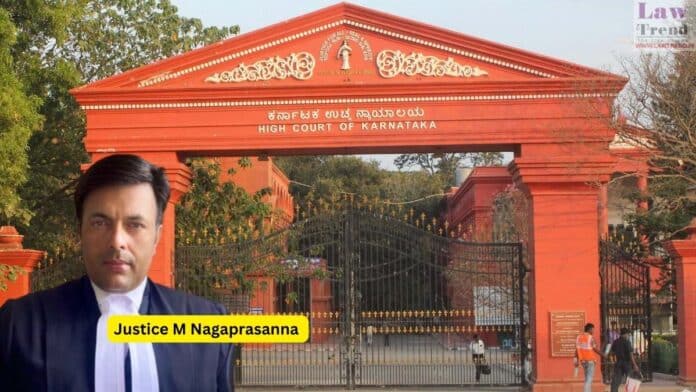In a significant ruling, the Karnataka High Court has denied a petition to quash a POCSO (Protection of Children from Sexual Offences) case against a school teacher accused of secretly recording videos of girl students while they changed clothes. The accused, employed at a residential school in Kolar district for children from backward communities, was arrested in December 2023 following the discovery of the recordings.
Justice M Nagaprasanna, presiding over the case, condemned the teacher’s actions as “horrendous” and underlined the gravity of the allegations. The court revealed disturbing details, noting that the teacher was found in possession of five different mobile phones, all of which contained approximately 1,000 images and several hundred videos of the children. These devices have been sent for forensic examination to gather further evidence.
During the legal proceedings, the teacher sought to have the charges dismissed, arguing that his actions did not constitute sexual harassment under the POCSO Act. However, the court decisively rejected this claim, affirming that recording minors in such a vulnerable state clearly falls under the act’s definition of sexual harassment.
“Section 11 of the POCSO Act specifies that causing a child to expose their body in a way that can be viewed by others, or making any inappropriate gesture, constitutes sexual harassment,” Justice Nagaprasanna stated. The judge emphasized that such behavior is punishable under Section 12 of the Act.
The court also pointed out the significant breach of trust involved, given the teacher’s role and the expectations placed upon him in an educational setting. “The fact that the petitioner is a teacher makes this offense particularly reprehensible. The alleged actions are not just illegal, they are morally indefensible,” Justice Nagaprasanna remarked.
The initial complaint that led to the teacher’s arrest was made via a helpline operated by the state’s social welfare department, which oversees residential schools for vulnerable communities. The court’s decision to proceed with a full trial underscores its commitment to ensuring that justice is served, and it highlighted the necessity of holding the teacher accountable for his actions.




